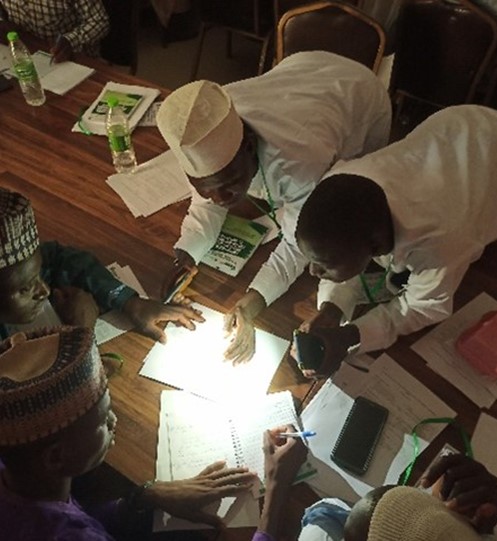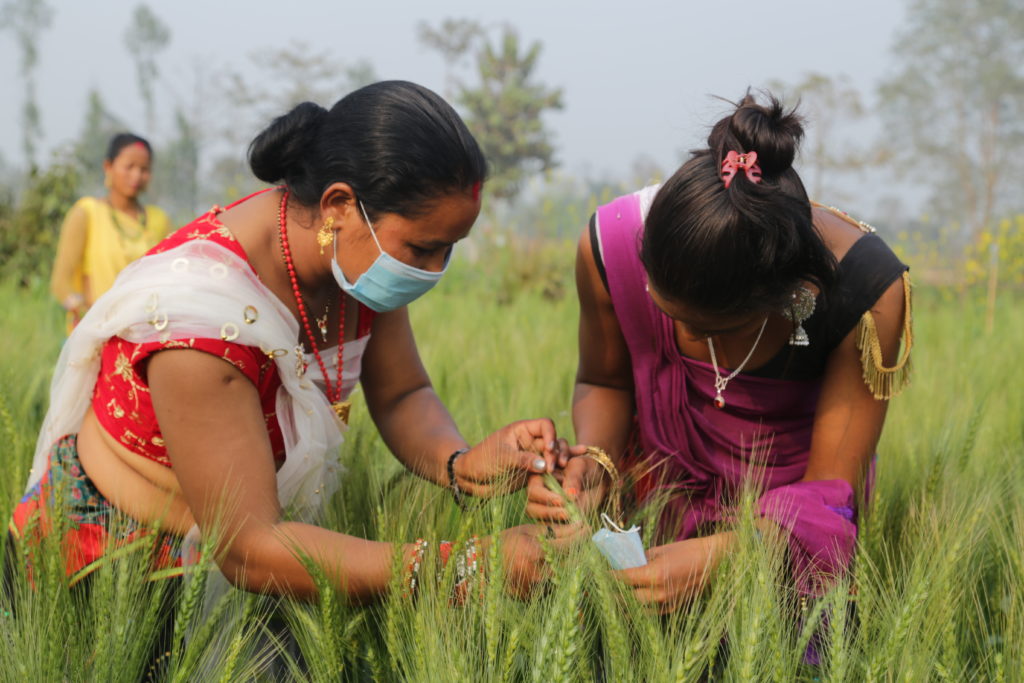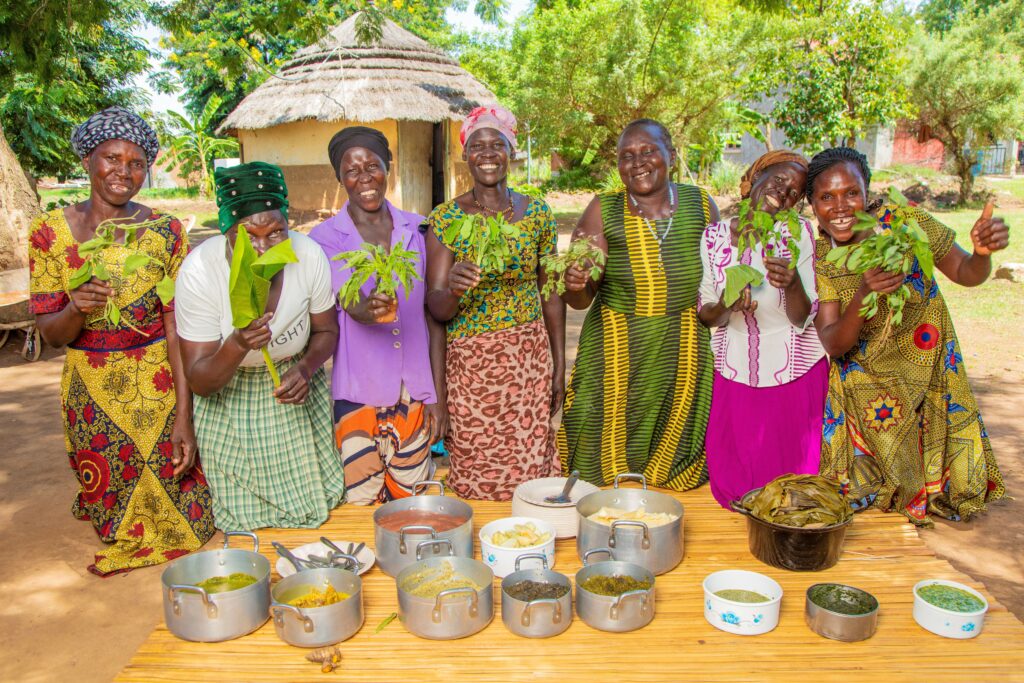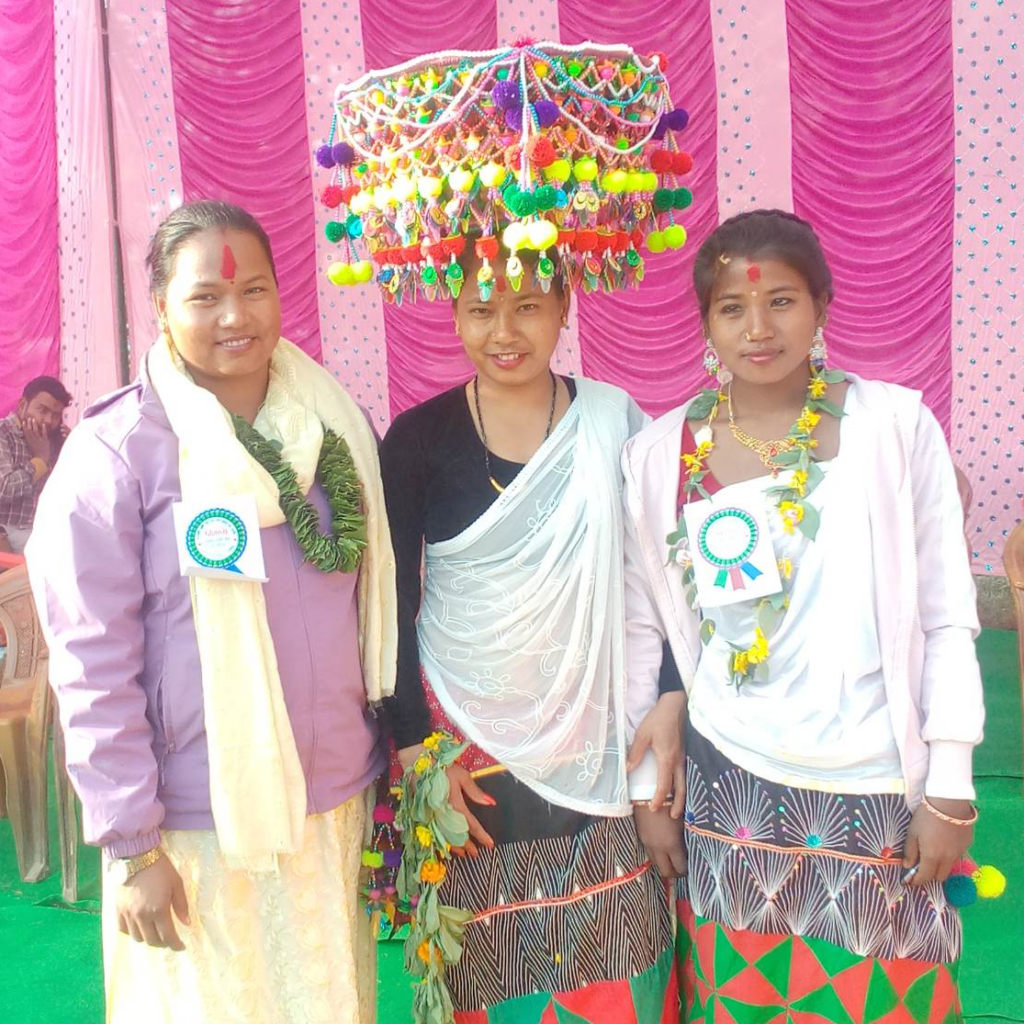Environmental and socio-economic conditions in many zones of West Africa are rapidly changing. The outcomes are unstable governments and unprecedented variability of weather conditions that adversely affect millions of farmers, many of whom already face food insecurity on a regular basis. When conflict meets disaster, having access to good quality seeds that will provide food for one’s family amidst multiple uncertainties becomes invaluable.
A pilot project, the Crop Diversity for Food Security in West Africa, is currently being implemented in Mali and Nigeria to strengthen local seed systems in fragile contexts. The project explores whether seed supply can be improved (quality, diversity, stability of supply) under conditions of political unrest and climate change-induced food insecurity. In climatically averse and politically unstable settings, seed security hinges on strengthening local seed systems that can make available locally adapted varieties accessible to farming communities timely and at affordable prices.

Within this project, FFS on participatory plant breeding and seed production and marketing will be implemented facilitating both wider crop diversity and enhanced seed security. Training of Trainers workshops were conducted in Mali and Nigeria to kick-start the process. The workshops were held in the weeks of 25-28 April (Nigeria) and 1-5 May (Mali), in Kano and Segou respectively. In Mali the workshop included 38 participants, with 34 in Nigeria. Both workshops included farmers, agricultural extension officers and representatives of the national research system, ICRISAT and Oxfam staff.
During the training week the groups touched on the fundamentals of the FFS approach, participatory plant breeding, and seed production and marketing. Sessions addressed the socio-economic and political contexts of the respective regions and communities. Despite taking place in different countries, both workshops highlighted the local adaptation of farmer varieties despite the regulatory bottlenecks impeding market access.
More than twenty FFS on participatory variety selection and/or farmer seed production and marketing are now to be implemented in Mali and Nigeria. The project will also seek exchanges and alliances with in-country humanitarian actors that work with seed to optimize project outreach.








